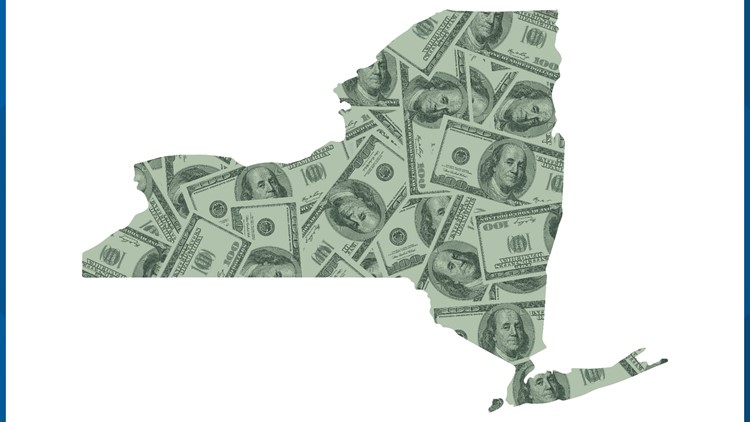BATAVIA, N.Y. — Batavia is receiving approximately $1.1 million as part of Governor Kathy Hochul’s grants for climate-smart community projects.
The city will use the $1,180,414 to replace the David McCarthy Ice Rink chiller with a CO2 chiller. It will reduce pollution from greenhouse gasses, lower energy costs, and lessen maintenance costs.
“The ice arena is a true community asset,” said Batavia City Manager Rachael J. Tabelski. “This funding through the Climate Smart Community Grant Program will enhance the operations of the arena as well as provide cost savings while significantly reducing greenhouse gas emissions, which are key to New York State’s climate goals.”
Hochul announced more than $7.3 million in grants across New York State for these climate-smart projects. The Climate Smart Communities (CSC) grant program was established in 2016 and is aimed to help New York meet their climate goals. According to the Governor’s Office, New York is required by 2050 to decrease greenhouse gas emissions by 85 percent below 1990. Since the program began, New York’s Department of Environmental Conservation (DEC) has awarded more than $69 million, notes the Governor’s Office.
“New Yorkers are all too familiar with the increased frequency of severe weather events caused by climate change, and I commend the work of these local communities to reduce emissions and address the crisis head-on,” said Governor Hochul. “These climate-smart investments help municipalities across the state build stronger and more resilient communities while helping to ensure the health and safety of residents, providing green jobs, and protecting the environment for years to come.”
The CSC grant program has $22.5 million available for 2024. Those who receive grants must cover at least 50% of the cost of the project – but municipalities that meet financial hardship criteria or projects in historically underserved communities can receive up to 80% of DEC funds, notes Hochul’s Office.



